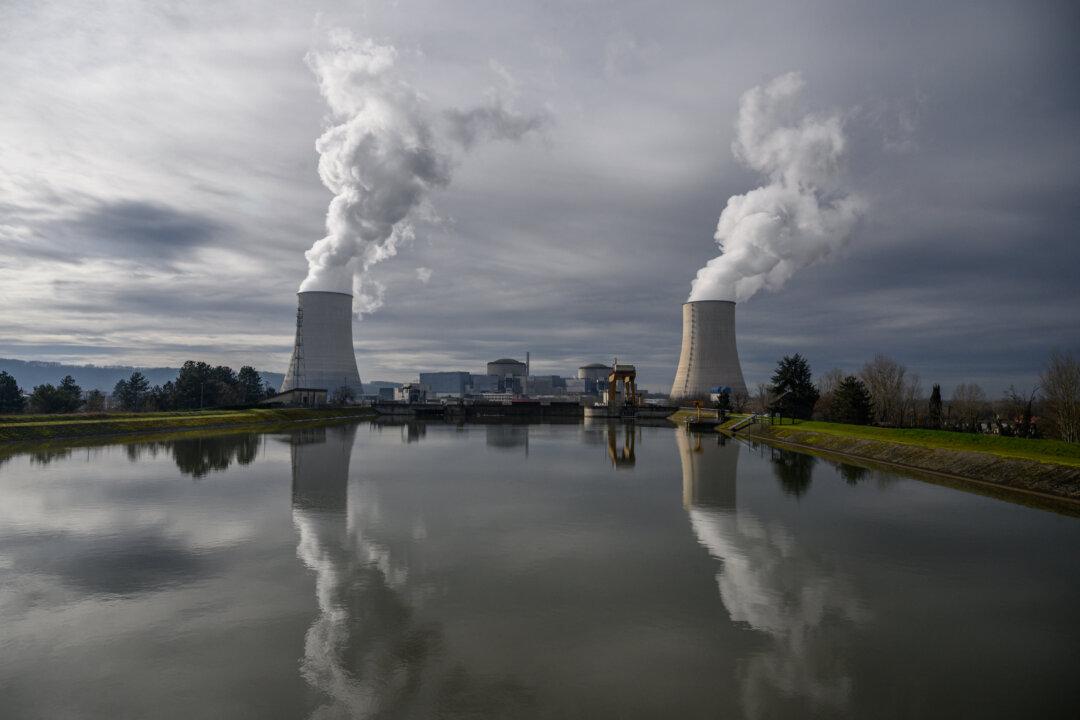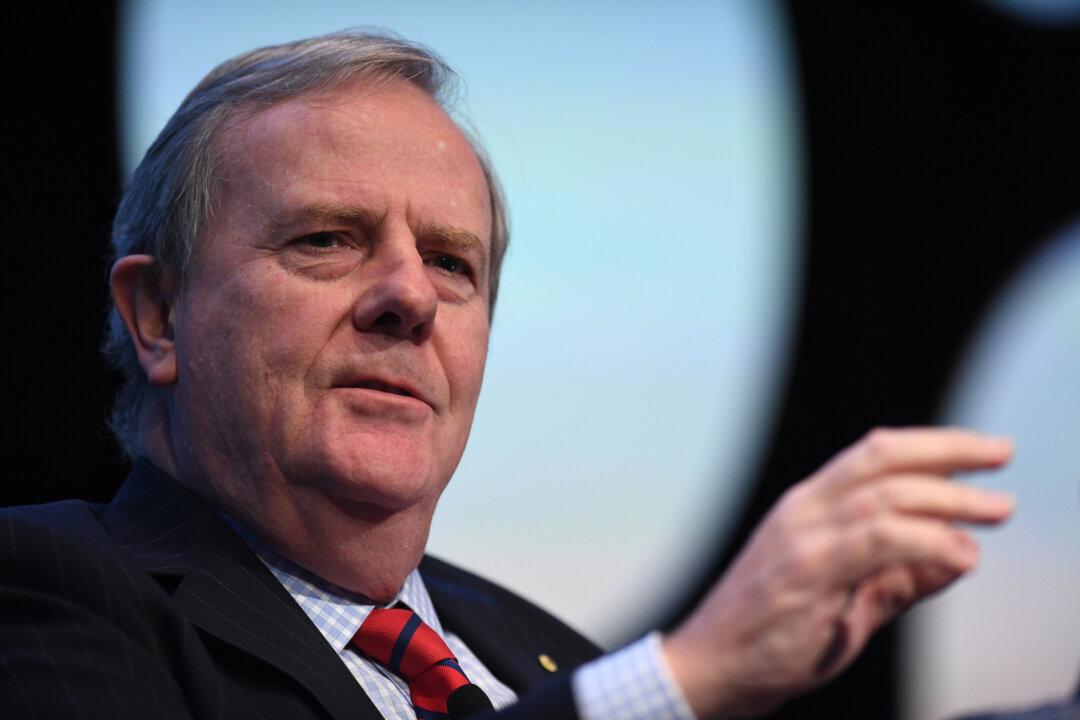A speech given by Opposition energy spokesman Ted O'Brien at a solar technology event in Brisbane has ended with attendees walking out after the MP claimed Australia’s plans to transition towards renewable energy would make it a “poor and weak nation” plagued by blackouts.
As part of its commitment to meet clean energy targets by 2030, the Australian government is reducing its reliance on coal-powered electricity with wind, hydro, battery, and solar power projects.





